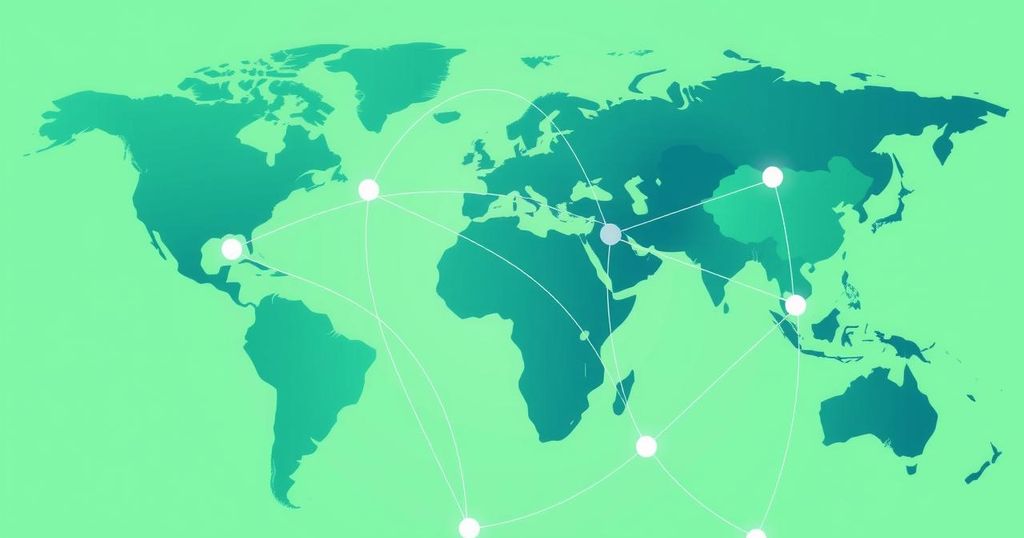World Bank to Approve $632 Million Loan for Nigeria Amid Debt Concerns

The World Bank is set to approve $632 million in loans to Nigeria focused on improving nutrition and education. This follows a recent $500 million loan for economic stimulus efforts. However, rising debt levels and delays in fund disbursement raise concerns. Experts emphasize the need for better resource management and strategic borrowing to achieve sustainable development.
The World Bank is poised to approve two new loans totaling $632 million to Nigeria, focusing on critical sectors such as nutrition and education. Specifically, the loans will provide $80 million to enhance nutrition initiatives and $552 million aimed at improving access to quality basic education. These loans are part of a wider strategy by the World Bank to support Nigeria’s development agenda and address socio-economic issues affecting the populace.
Additionally, the World Bank recently sanctioned a $500 million loan aimed at bolstering Nigeria’s Community Action for Resilience and Economic Stimulus Programme. This initiative targets vulnerable households impacted by economic difficulties, offering support through grants and livelihood services to alleviate financial hardships. These measures are essential for improving food security and enhancing economic opportunities for communities struggling with inflation and high living costs.
Over the past year, there have been delays in fund disbursements for previous projects, particularly the $800 million loan for the National Social Safety-Net Programme. Investigations into the misuse of funds under this programme have led to significant scrutiny and suspension of disbursements, raising concerns regarding accountability and transparency in managing resources.
Under President Bola Tinubu’s administration, Nigeria has witnessed a substantial increase in borrowing from the World Bank, amounting to $7.45 billion within a short span. This trend raises alarms about the nation’s escalating external debt, which currently stands at $17.32 billion. It is mainly owed to the International Development Association, stressing the need for efficient fund utilization and transparency in the execution of funded projects.
Experts are urging the Nigerian government to adopt a more strategic approach to borrowing, highlighting the importance of optimally utilizing existing resources. Measures such as revenue generation and attracting private investments are being prioritized to provide a more sustainable economic model. The government’s focus should shift towards efficient management of resources rather than continuing to accrue debt amid pressing economic challenges.
In summary, the World Bank’s impending approval of loans to Nigeria reflects ongoing support for critical developmental needs despite rising concerns surrounding the country’s debt levels. While these loans aim to enhance nutrition and education, the significant increase in borrowing under the current administration necessitates careful management of financial resources. Experts advocate for a balanced approach that minimizes reliance on debt by maximizing revenue generation and fostering public trust through transparent project execution. As Nigeria navigates these pressing challenges, maintaining fiscal prudence will be essential for sustainable economic growth.
Original Source: punchng.com








